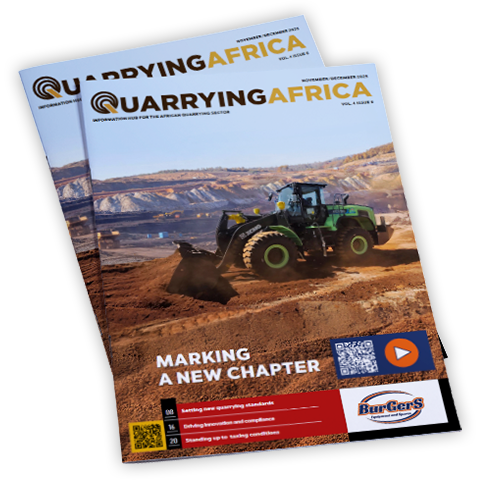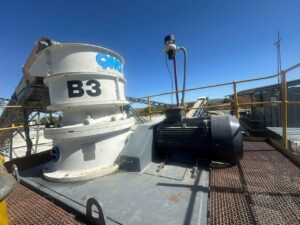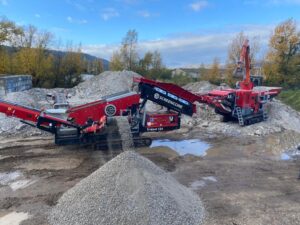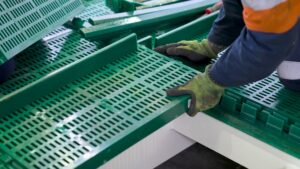The proliferation of non-OEM, fake or counterfeit parts for crushers and screens has created the perception in many procurement departments that short-term savings can be achieved without risk to customers or their equipment. This is simply not the case, argues local Metso distributor Pilot Crushtec, as every ‘saving’ on an inferior part is sure to cause extra expenditure – if not catastrophic results – at a later stage.
Genuine parts for crushers and screens are an essential part of the promise that OEMs make to the market – to keep their customers’ projects profitable and their businesses sustainable.
On the other side of the coin, however, are the risks that non-genuine, counterfeit or fake parts place on operations, according to Francois Marais, Sales and Marketing Director at local Metso distributor Pilot Crushtec.
“OEMs like Metso spend decades developing and supporting technologies that provide customers with reliable and high performance solutions for crushing and screening,” says Marais. “However, this work is quickly undone when non-OEM parts are installed in our equipment, supposedly to save a few rand in maintenance costs.”
He highlights that the performance and reliability of Metso’s high-tech equipment is based on its proven design and precision engineering – which includes the various components and wear parts that must be replaced from time to time. Copied parts from other sources do not carry this technical heritage, and simply undermine performance and reliability, he says.
It also erodes the value of the relationship that OEMs work so hard to build with their customers, explains Merja Tyyni, Vice President Aftermarket Distribution Management Metso.
“Our customer relationships focus on the whole process of delivering value to their operations,” says Tyyni. “We pay attention to the end-product value, where we can supply not only the appropriate capital equipment, but also the follow-up trouble-shooting, repairs and overall technical advice.”
The quality of these solutions and services is based on many years of research, development and testing – as well as continuous investment in the necessary technical infrastructure and capability to respond quickly to customer needs. However, all these efforts are compromised when customers place non-OEM parts into their machines – as the quality chain is only as strong as its weakest link.
Karima Dargaud, Head of Aftermarket Europe, Middle East, Africa and Central Asia Metso, points out that OEMs have in-depth knowledge of their equipment that allows customers to achieve results which are both optimal and predictable.
“Our OEM spares are an essential aspect of the support we provide, so that customers can reliably meet their production targets and avoid costly penalties,” says Dargaud. “Customers build their reputations on this consistent performance, by producing the right results safely, on time and within budget. Using non-OEM spares only puts this reputation at risk, as machines then become unreliable.”
Marais also points to the all important safety considerations of not using the specified parts in crushers and screens, emphasising that there are extreme forces and speeds at play – especially in crushing equipment. Metso wear parts have been designed and manufactured with specialised material and hardening techniques, for instance, to ensure both safety and performance.
“Fake parts will compromise worker safety, as there are normally a number of people in close proximity to this equipment who could be affected by a failure,” he says. “A business that buys and fits pirate parts runs the risk of sending a negative message to its operators – that saving money is more important than the safety of crews on site.”






